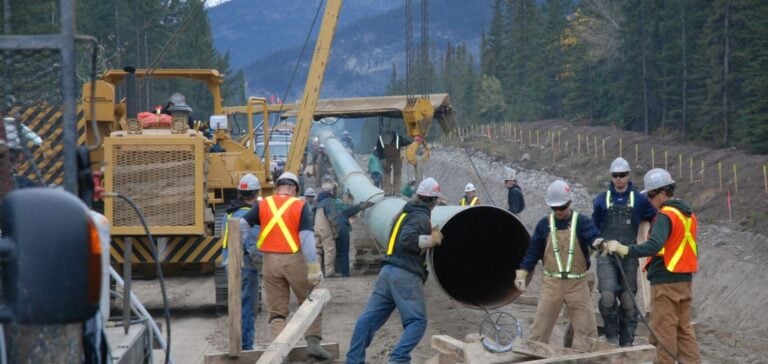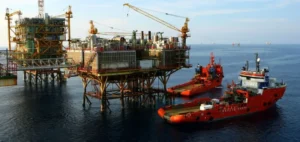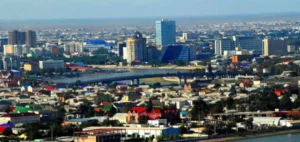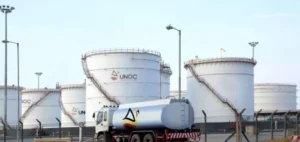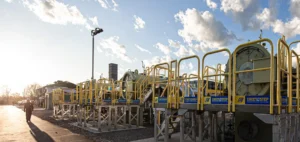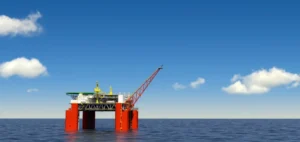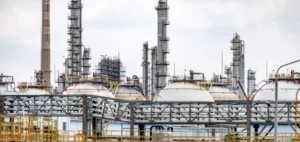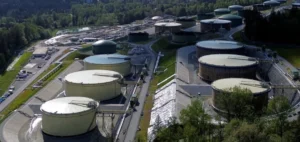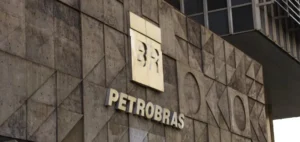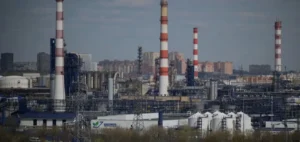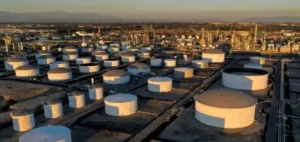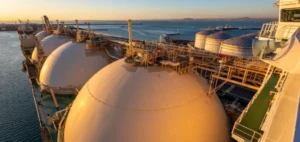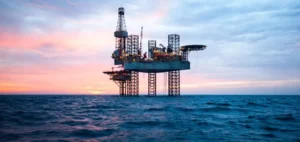After a four-year construction phase costing more than $34 billion, the Trans Mountain pipeline expansion project is preparing to reach a decisive milestone. Trans Mountain Corporation, the entity behind this colossal project, recently announced that commercial operation of this extended system would begin on May 1, 2024. This new phase promises to deliver all contracted oil volumes as early as May, marking a significant turning point for the Canadian energy sector.
Overcoming technical obstacles
Faced with obstacles, including an “obstruction” during installation of the pipeline in the horizontal hole drilled in the Fraser Valley between Hope and Chilliwack, British Columbia, the company had to temporarily remove the pipe to resolve the problem. The finally successful installation of the pipeline section reassures us of Trans Mountain Corp. to overcome technical challenges.
Next steps towards expansion
However, to complete the expansion, Trans Mountain must still obtain the remaining approvals from Canada’s Energy Regulator. These administrative steps are crucial to the commissioning of the extended pipeline, which aims to significantly increase crude oil transport capacity to a total of 890,000 barrels per day. This expansion is necessary not only to improve access to export markets, but also to support the growth of the Canadian energy sector as a whole.
The financial challenges of expansion
The Trans Mountain pipeline expansion was marked by a series of challenges and cost increases, as the initial budget ballooned to $34 billion. This extra cost is attributed to various “extraordinary” factors, such as evolving compliance requirements, commitments to aboriginal communities, dialogues with stakeholders, extreme weather conditions and the impact of the COVID-19 pandemic.
Federal commitment to the pipeline
The federal government acquired the Trans Mountain pipeline in 2018 for $4.5 billion to ensure completion of its expansion. This decision followed threats by the previous owner, Kinder Morgan Canada, to abandon the project in the face of regulatory hurdles and opposition from aboriginal and environmental groups.
The commissioning of the Trans Mountain pipeline expansion on May 1, 2024 represents a victory for the federal government and for Canada’s energy and economic sectors, reinforcing the strategic importance of this project for the country’s energy future.


